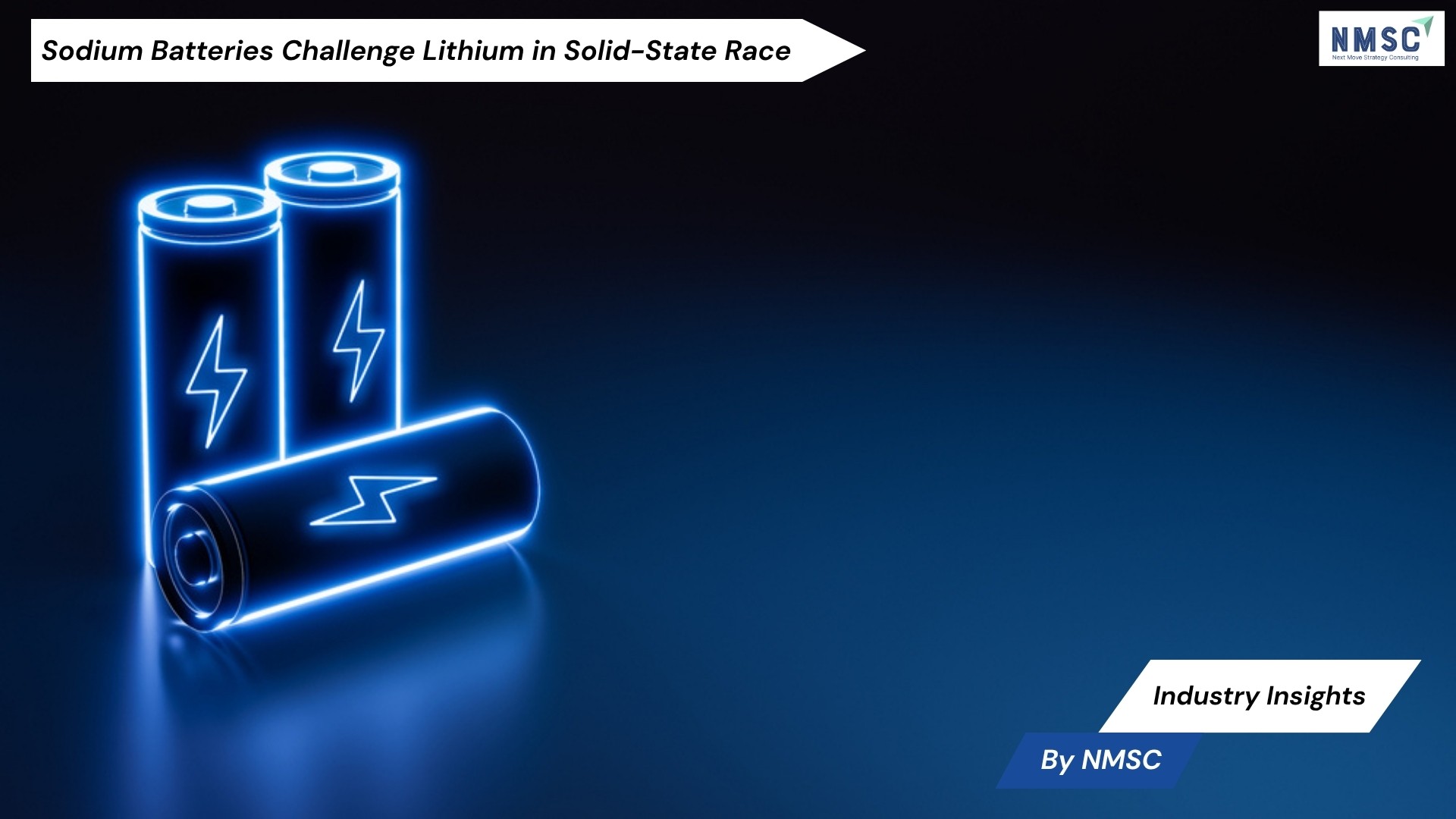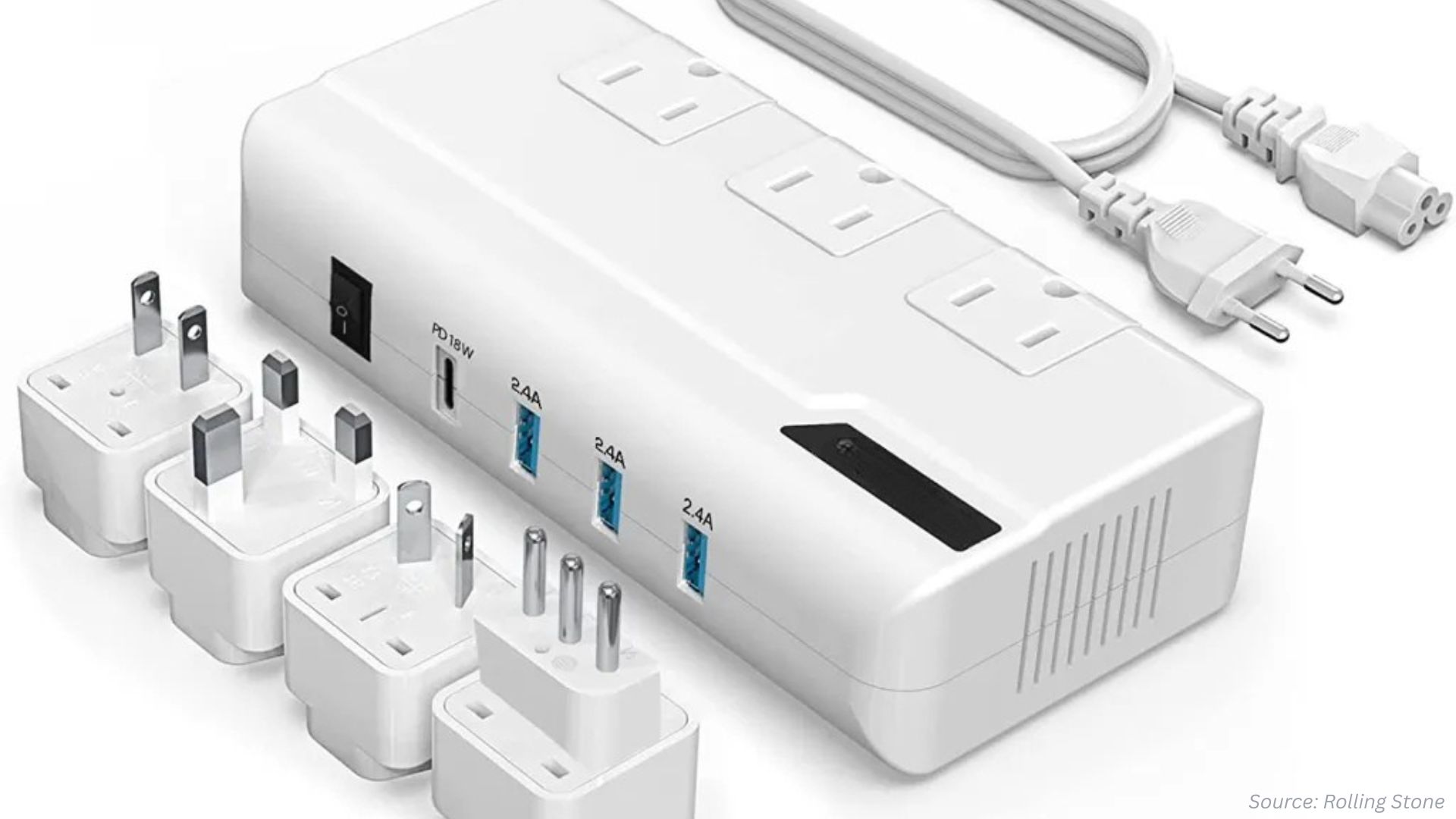Middle East Heat Exchangers Market is expected to reach USD 523.4 million by 2030
Published: 2025-01-27
Growing industrialization and urbanization and stringent government regulations regarding energy efficiency are driving up demand for the Middle East heat exchangers market during the forecast period.
The Middle East Heat Exchangers Market size was valued at USD 276.8 million in 2023, and is predicted to reach USD 523.4 million by 2030, with a CAGR of 8.9% from 2024 to 2030, according to new research by Next Move Strategy Consulting.
The burgeoning industrialization and urbanization in the Middle East indeed serve as key catalysts propelling market expansion within the heat exchangers industry. With the expansion of urban areas and the rise in industrial activities, there is an escalating demand for heat exchangers across diverse sectors, including manufacturing, construction, and residential developments.
Essential industries such as HVAC, chemical processing, power generation, and food processing rely extensively on heat exchangers for efficient thermal management and energy transfer. Moreover, the emphasis on energy efficiency and sustainable practices further fuels the adoption of heat exchangers in the rapidly evolving industrial landscape of the Middle East.
Stringent government regulations aimed at enhancing energy efficiency indeed play a pivotal role in driving the market expansion of heat exchangers in the Middle East. With a determined focus on reducing carbon emissions and advancing sustainable practices, regulatory bodies in the region impose rigorous standards and policies across diverse industries.
These regulations incentivize businesses to prioritize investments in energy-efficient solutions, including heat exchangers, to curtail energy consumption and mitigate environmental impact. Consequently, the demand for heat exchangers in the Middle East is propelled by the imperative to adhere to these regulations, thereby fueling market expansion and facilitating the widespread adoption of sustainable technologies throughout the region.
The Middle East faces significant barriers to market growth due to high installation and maintenance costs associated with heat exchangers. While these systems offer long-term benefits such as energy efficiency and enhanced performance, the initial investment required for their purchase and installation can be considerable.
Furthermore, ongoing maintenance expenses, including cleaning and repairs, contribute to the overall cost of ownership. These elevated costs discourage some businesses, particularly those with limited financial resources, from adopting heat exchangers, thereby constraining market expansion.
To overcome this challenge, manufacturers and policymakers may need to explore strategies aimed at reducing installation and maintenance expenses. This could involve incentivizing the adoption of energy-efficient technologies or introducing financial assistance programs to support businesses interested in investing in heat exchangers.
The integration of heat exchangers with renewable energy systems presents a notable market opportunity. With the rising demand for renewable energy sources such as solar and geothermal power, heat exchangers play a pivotal role in facilitating efficient heat transfer within these systems.
They are essential components in various renewable energy applications, including solar water heating, geothermal heat pumps, and biomass boilers, where they optimize energy efficiency and enhance system performance. The growing emphasis on sustainability and the shift towards clean energy sources further fuels the demand for heat exchangers integrated into renewable energy systems. This trend not only broadens the market for heat exchangers but also contributes to the overall expansion of the renewable energy industry.
Request for a Sample PDF on the Middle East Heat Exchangers Market
Several market players operating in Middle East heat exchangers market include Alfa Laval AB, Johnson Controls International plc, Carrier Global Corporation, Lennox International Inc., Trane Technologies plc, API Heat Transfer Inc., Kelvion Holding GmbH, Xylem Inc., Danfoss Group, and General Electric Company among others.
Key Insights from the Middle East Heat Exchangers Market Report:
-
The information related to key drivers, restraints, and opportunities and their impact on the Middle East heat exchangers market is provided in the report.
-
The value chain analysis in the market study provides a clear picture of the roles of each stakeholder.
-
The market share of players in the Middle East heat exchangers market is provided in the report along with their competitive analysis.
















Add Comment